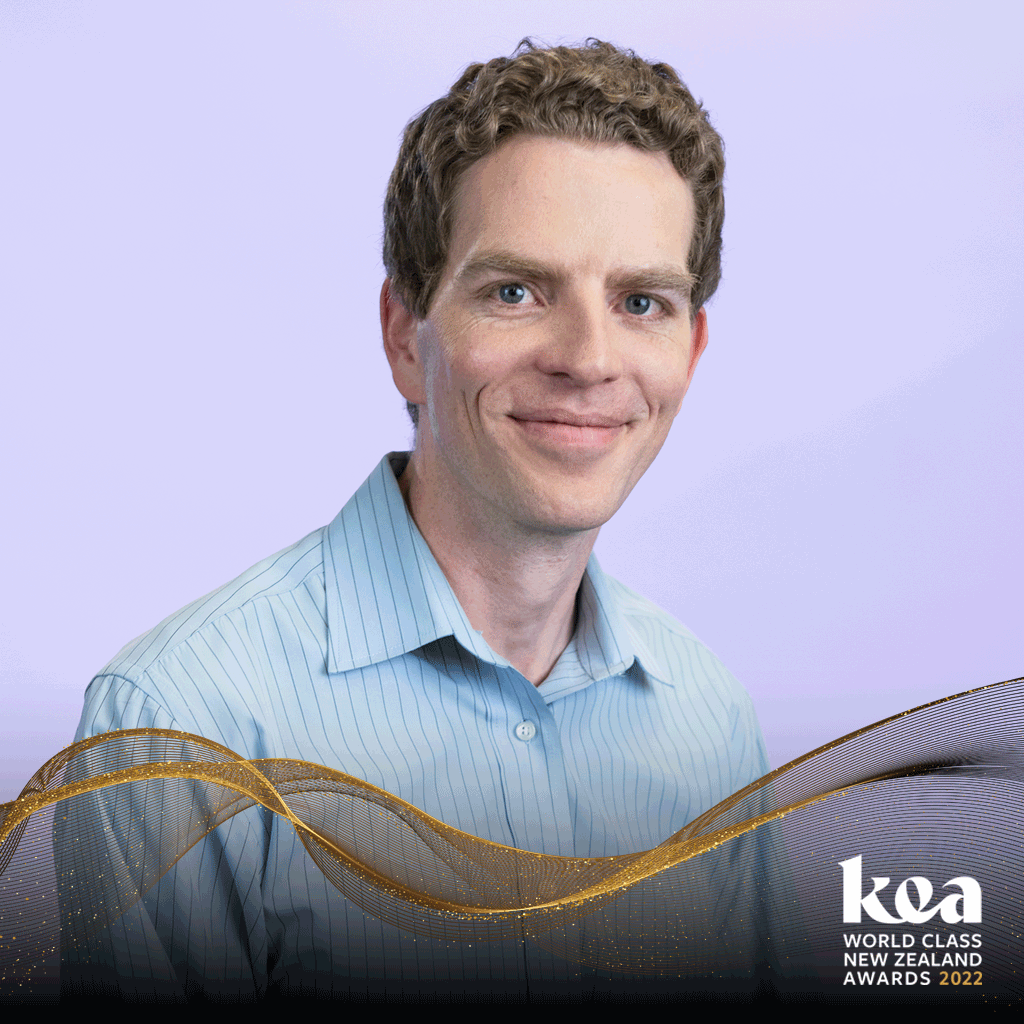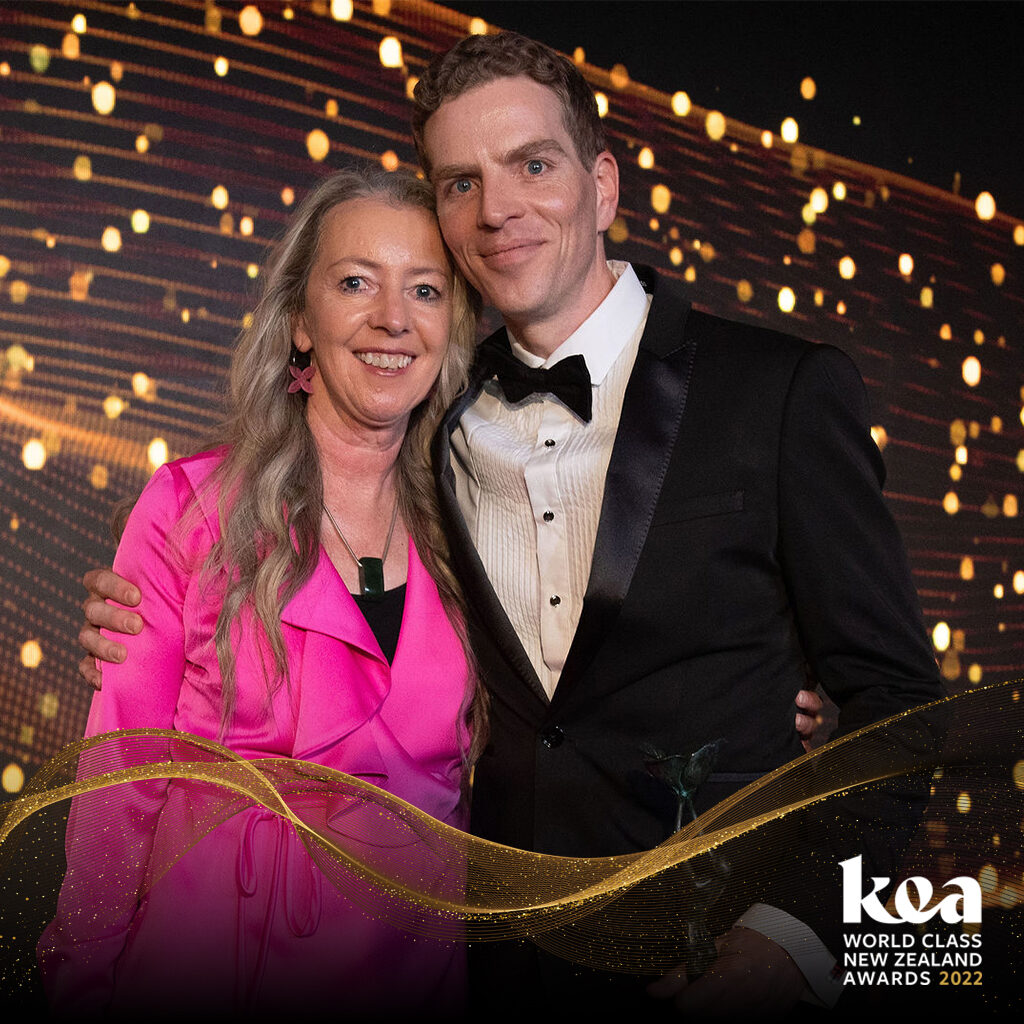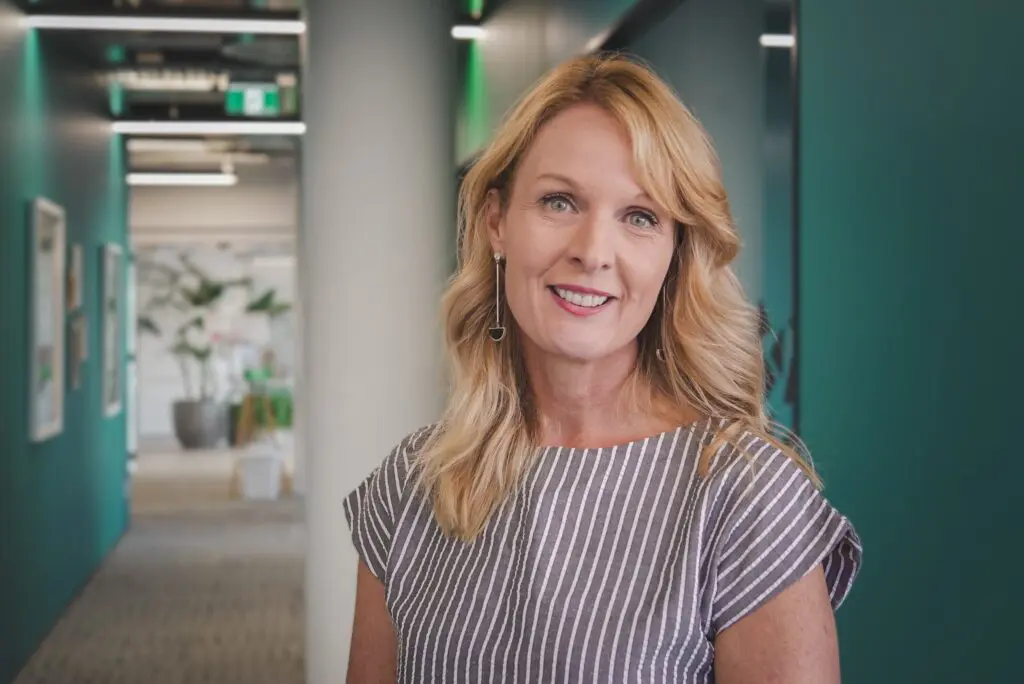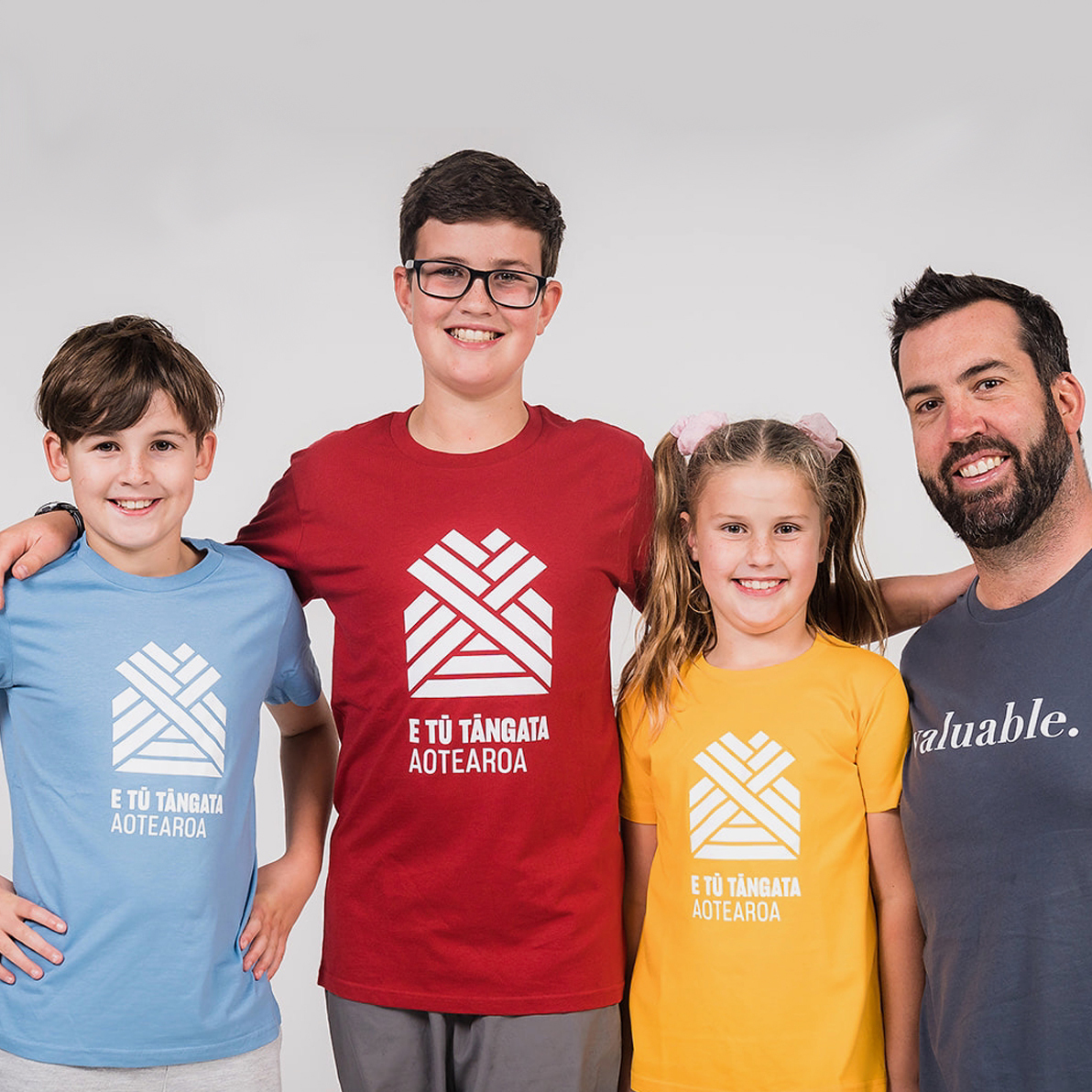Dave Ferguson – 2022 Kea World Class Award winner

WCNZ Award winner
Dave is the co-founder and president of robotics company Nuro, focused on accelerating the benefits of robotics in everyday life. Nuro is the first company to achieve fully autonomous vehicle operations in the US states of Arizona, California, and Texas and the first to obtain an autonomous deployment permit from the California DMV. In six years, California-based Nuro has grown to employ about 1,400 people and has multiple strategic partnerships with market leaders in grocery, restaurant, parcel logistics, and convenience. During the pandemic, Dave volunteered Nuro’s technology to enable contactless delivery of food and medicine to essential workers in the community. Before starting Nuro, Dave was a principal engineer on Google’s self-driving program, and one of his algorithms is currently being used for long range autonomy on NASA’s Mars Rovers. Dave is passionate about getting other young Kiwis into the tech sector, and has created a scholarship for robotics students at University of Otago. His vision is to create a world where Nuro’s custom electric autonomous vehicles can bring the things you need—from produce to prescriptions—right to your home, giving you valuable time back and more freedom to do what you love. Nuro is a convenient, eco-friendly alternative to driving and has the potential to make streets safer and cities more liveable.
Dave Ferguson went from studying at university to working with Intel to developing algorithms for NASA’s Mars rovers, all while in his 20s. These days he’s the co-founder and CEO of Nuro, the most well-funded autonomous vehicle startup in the United States. But despite his obvious aptitude for robotics, Dave says as a kid he wasn’t into computers at all and spent more time outside climbing trees. His father was a Diplomat so the family spent time in the US before returning to New Zealand to finish high school. From there he applied to the University of Otago and was encouraged by one of his professors, Dr Willem Labuschagne, to pursue computer science. After graduating from Otago he moved to the US to do a PhD at the Robotics Institute at Carnegie Mellon University (CMU) in Pittsburgh, Pennsylvania or what he calls the “Disney World of robotics.”
“During my first year at Carnegie Mellon, I worked on a robot that was designed to go in and map abandoned coal mines. This project idea came about after an accident in the US where some miners accidentally drilled into a neighbouring abandoned coal mine and got trapped because that mine hadn’t been accurately mapped. The concept of being able to provide enough intelligence and enough capability to another agent to go do very real things that no one had ever done before and that was really quite dangerous was incredibly exciting to me.”
After working for several other companies including Intel and Google, Dave and his friend Jiajun Zhu(JZ) decided to start their own company and Nuro was born.
“JZ and I both recognised we are going to see a pretty significant shift in how we interact in the physical world over the next two to three decades. If you look back the last 30 years or so, we’ve seen this tremendous shift in how we interact in the digital world, everything from PCs to the internet and smartphones, but the way we interact in the physical world, the cars we drive, how we get around, how we sit around tables, how we live in our, in our homes, is largely unchanged and we definitely see that changing over the next 30 years or so. Creating Nuro allows us to accelerate some of the really positive elements that will be driving the change of our physical environment in the future.
Dave says he has two big drivers for his work, one is the ability to create a more sustainable economy and the other is to give people more time to connect with the people and things they love. He hopes that by developing robots to take over the more mundane parts of people’s lives it will free them up to spend more time doing the things they want to do.
“We’d like to apply robotics to a range of applications. So obviously the first thing that we’re working on is transforming local commerce through having self-driving local delivery. We think that’s a massive opportunity to improve lives, give people their time back, improve sustainability, safety and strengthen local communities.”
“So that’s a really important application, but looking longer term we believe that the tech we are building is going to be general purpose enough to apply it to a range of different applications. So everything from perhaps automated manufacturing all the way through to the home robots of the Jetsons.”
Dave’s business partner Jiajun Zhu says part of what makes Dave so successful is because he is so passionate about what he does.
“In the last six years, I’ve seen him work really hard on both topics. Nero has made a lot of great progress under Dave’s leadership and now we are working on the third generation of vehicles that could really help millions of people save a lot of time and also create a safer, greener future.”
Dave says the last few years really challenged Nuro to really think about how contactless delivery could play a part in the pandemic response.

“In particular we really want to help out with some of the efforts that were going into supporting our first responders. So one of the things we did was to deploy our robots to deliver both supplies and food to COVID patients that were being housed at two different locations, one in Sacramento and one in San Mateo near our headquarters. It was a really special opportunity for the team to really feel like they were a part of something bigger than just us building for future application.”
“Through the pandemic, we recognised that the fact that we can minimise the number of touch points from a good being produced, in some cases all the way through to it getting to the consumer, and the value of being able to do that is actually greater than we initially realised. We’re very excited about what this means in terms of our ability to contribute going forwards. Hopefully, we get past this pandemic sooner rather than later, but the convenience aspect and the safety elements of this work will be long lasting.”
Along with his world leading work in the robotics industry, Dave is also keen to encourage more Kiwi into careers in technology. Otago University’s Professor Brendan McCane says before Dave even founded Nuro he was an inspiration to students.
“It’s quite amazing really, he went from here to the US for his PhD and some of the code he developed during that is being used by the Mars Rovers. So this is amazing, right? We have code from an Otago University student now on Mars. So we try to use that to inspire our students about what is possible, even when you come from a very small country at the bottom of the world.”
Dave’s building on that inspiration by launching a scholarship in memory of his late professor and mentor Dr Willem Labuschagne, who Dave says was a remarkable man and a remarkable scholar.
“At Otago, I worked with Dr Labuschagne during my undergraduate year and he was a big inspiration to me, not just in terms of dedicating myself to the work and research I do, but I’d say, more importantly, the way that he approached life and the people in it. For example, he learnt everyone’s name in the first year, and in an undergraduate class that is just insane. He passed away a few years ago and in his honour, I wanted to create a scholarship to help students to continue to pursue study and commemorate Dr Labuschagne in the process.”
Dave says looking into the future there are a number of opportunities that New Zealand is uniquely positioned to capitalise on and he’s excited about what the next few decades could hold.
“New Zealand is in some ways uniquely positioned, if you look post Covid we’re in a new working model where being remote is far less of a big deal than it was five or ten years ago, and that breaks down a lot of the barriers that we may have had in terms our ability to really interact and operate on the world stage. I think we’re also seeing some new industries that are going to be massive, coming down the pipe, and I personally believe New Zealand is really well positioned to take advantage of them – for example, carbon dioxide removal.”
“I think New Zealand has such tremendous advantages. We have incredible universities with incredible professors. As a student, I never felt like I didn’t have all of the keys that I needed to go do whatever the heck I wanted to do, and I think that remains true. To young Kiwi who are interested in doing something overseas or starting a company or doing something else crazy, I’d say there’s no reason that you can’t do it, there’s really nothing holding you back. You have every opportunity, you have a setup as good as anyone in the world. It’s up to you to take those gifts and go do something big and bold with them.”

 MENU
MENU









